Menopause is Mandatory, Suffering is Optional
Menopause occurs when levels of the female hormones estrogen and progesterone begin to fall and your ovaries stop producing eggs.
This journey is unique for each individual; there is no set age for when menopause will start (The average age is 51, although it can be from age 42-58) and there are no flashing lights or sirens to warn you that your hormones are about to change. Menopause is a natural and obligatory part of a woman’s life, but that does not necessarily mean there should be all this associated suffering.
The good news is that every woman goes through this. In fact, I’ve been through the throes of menopause three times!
When you undergo 12 full months without a period, you are definitely in menopause, technically, that is it. One day of Menopause, everything before is pre or peri, and after is post.
Contrary to what conventional medicine has preached, menopause is not a disease to be treated with drugs or surgeries — far from it. It’s another natural stage in your life, when your hormones are in flux once again, just like they were in puberty.
As I outline in my book The Hormone Fix, you have significant control over how you feel during menopause. You can progress from surviving to a life of thriving. And you can do it without multiple medications and surgeries.
Yes, menopause is natural and mandatory … but suffering through it is not!
To understand what’s happening,
we need to take a good look at the HORMONES…
As we age, our bodies slowly decrease the production of our reproductive hormones — estrogen, DHEA, testosterone, and progesterone.
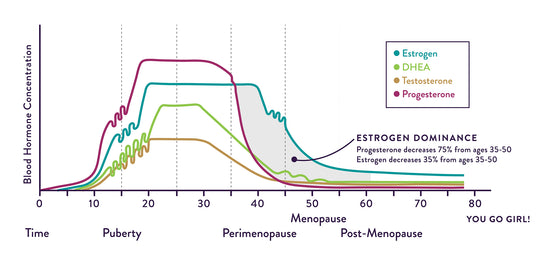
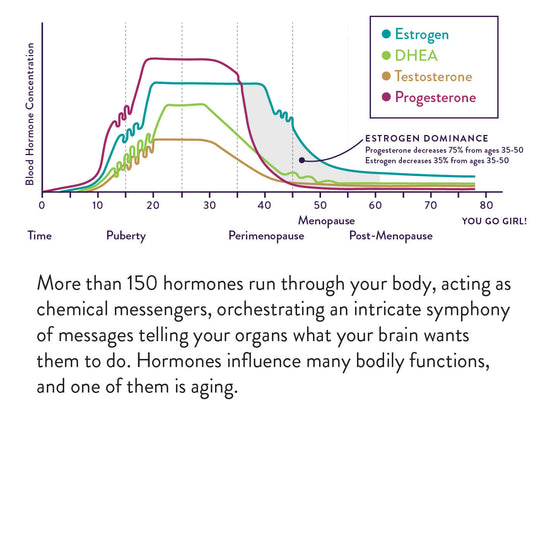
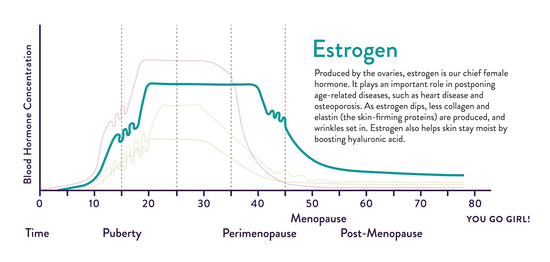
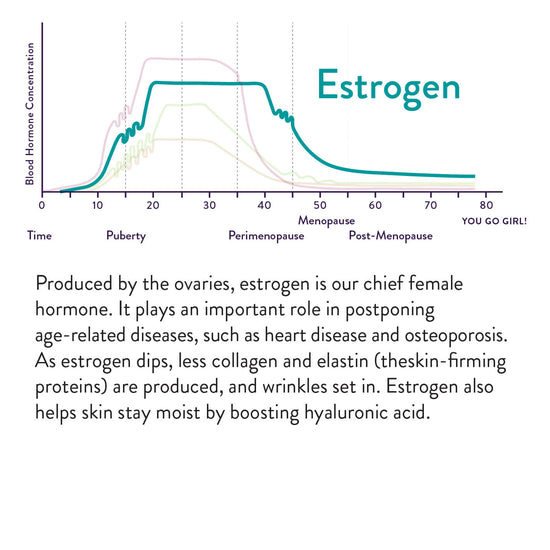
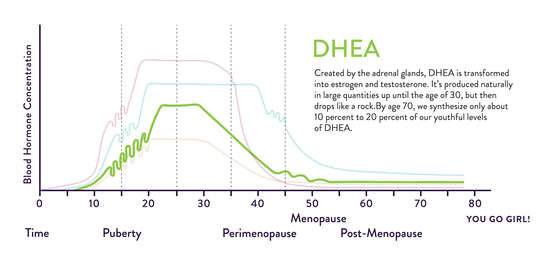
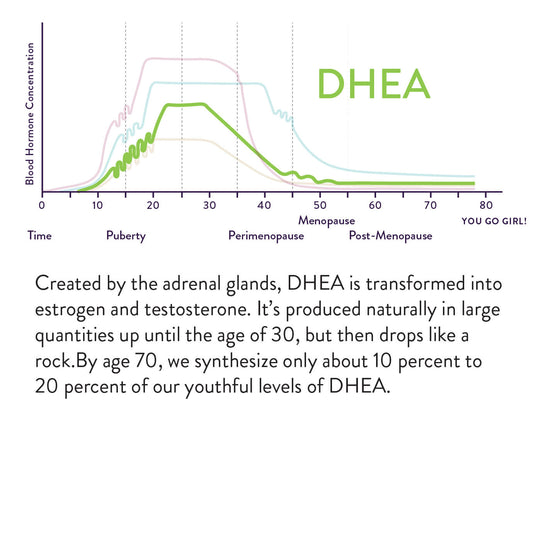
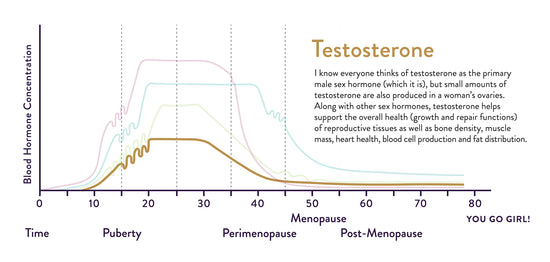
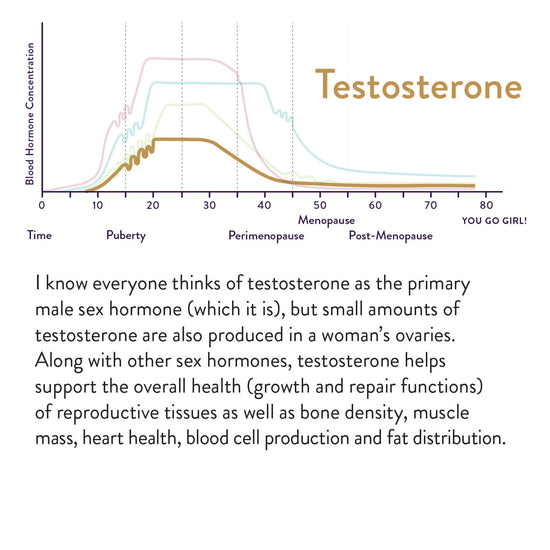
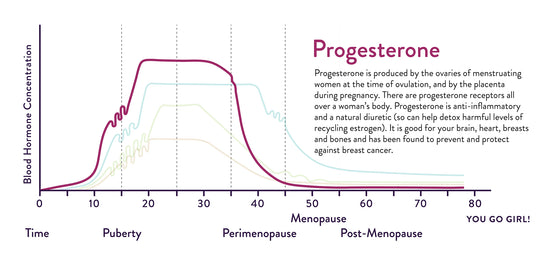
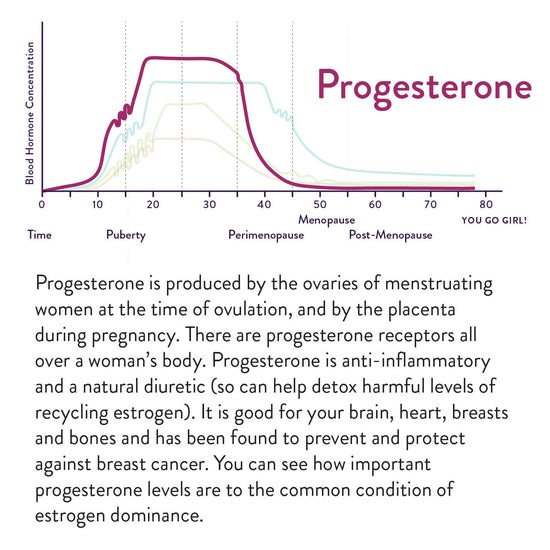
From as young as 35 years old, our ovarian function slowly starts to decline with the aging process. Our monthly cycle or lifetime hormonal transition causes our sex hormones (estrogen, DHEA, testosterone, and progesterone) to become imbalanced. It seems like a cruel twist of fate: just as we begin to relax because we are no longer menstruating, we get hit by a host of new challenges instead…
Headaches, aches and pains, menstrual irregularities, weight gain and bloating, as well as vaginal dryness, weakening pelvic floor muscles, incontinence and decreased arousal. And these are just the physical symptoms!
Yes, there’s also mood imbalances, like lowered self-esteem, depression, mood swings, irritability and more...
Rest assured; your body is going through some changes and it feels as if you are going crazy, but I assure you, you’re not. It’s a natural part of our life cycle that happens to all females, and affects all of us differently —
but it is not ok to accept feeling miserable!
How can I tell if I'm going through it?
'As Menopause Sets In,’ you might start
to suffer from symptoms like...
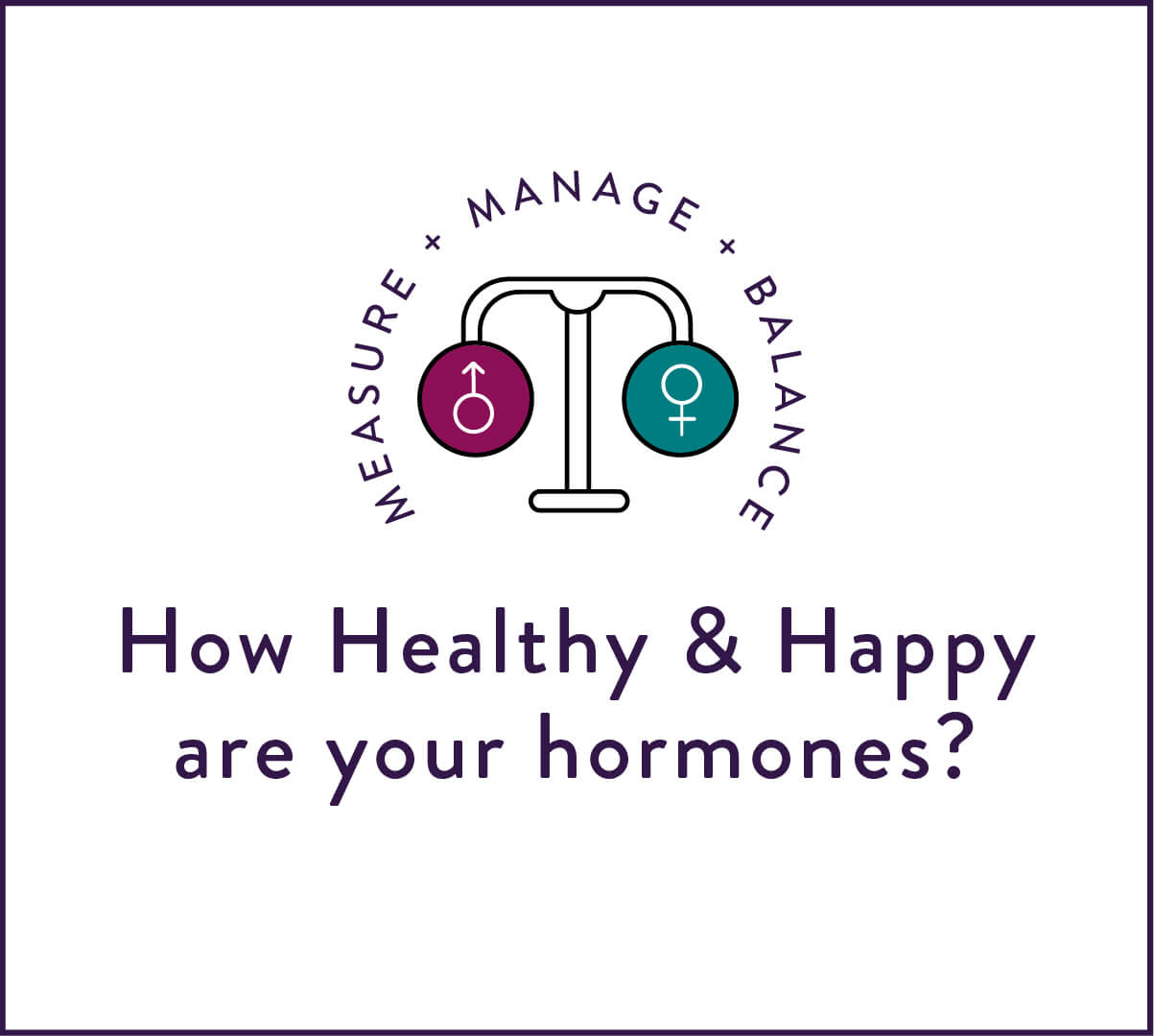
Take my Hormone Quiz to get your Menopause Report Card to see if you’re truly in menopause (it takes only two minutes)!
Is there anything I can do?
When we start feeling the symptoms of menopause or perimenopause, it is usually because our hormones are out of balance. With most women, it’s a matter of correcting these, often tiny, hormonal imbalances as we get older.
Here are 3 ways I’ve helped over 100,000 women to date:
-
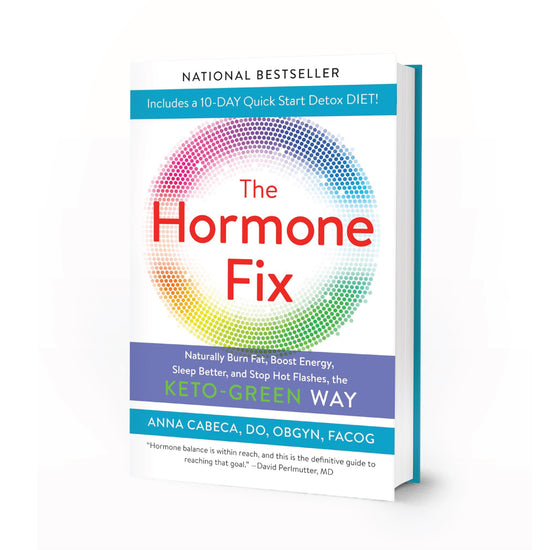
The Hormone Fix
Buy on AmazonIn my book, The Hormone Fix, I show you in great detail how to have more control over aging than you ever imagined – simply by turning on your “youth hormones” and doing it naturally; most often without side effects and prescription medications.
(2023 Paperback edition)- USA TODAY BESTSELLER
- 1,000+ 5-STAR REVIEWS
- EASY-TO-FOLLOW PROTOCOL
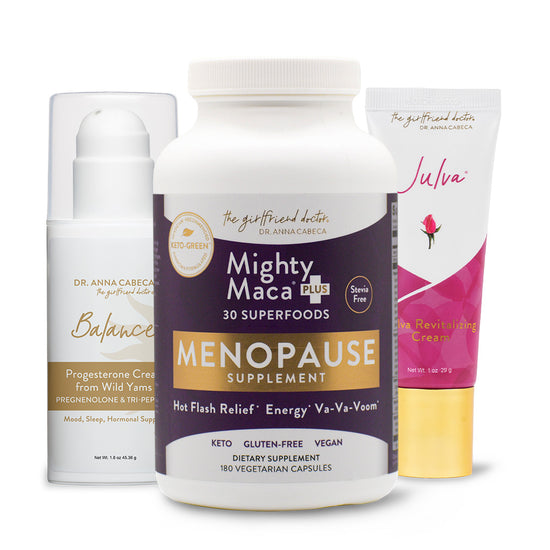
Menopause Kit
My Menopause Kit contains my 3 best-selling products for holistic relief of menopause symptoms and hormonal correction:
MENOPAUSE CAPSULES
Support natural regulation of estrogen + testosterone with a unique blend of Maca Root and other powerful adaptogensJULVA DHEA CREAM
Relieve vaginal dryness with our vulvar moisturizer containing natural DHEA + rose stem cellsBALANCE PROGESTERONE CREAM
A perfect blend of bioavailable Progesterone and Pregnenolone from Wild YamsFree Shipping in the USA
Save 10%$166.95
MSRP:
$184.85Supported payment methods:Ships to the USA Only
-
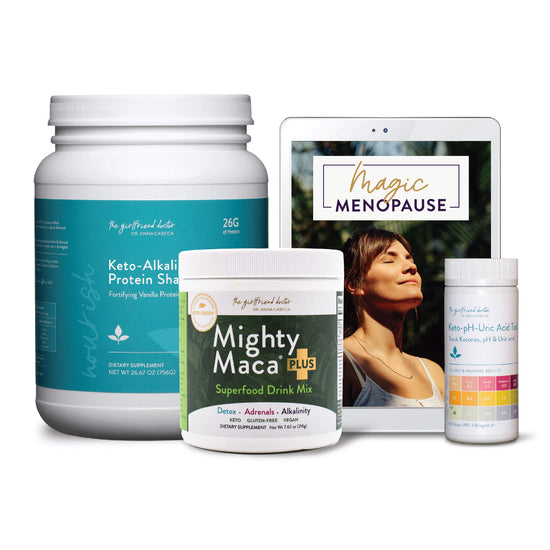
Magic Menopause
Learn MoreFor a complete overhaul of your Menopause experience, take my Magic Menopause Course and join the thousands of women who have virtually eliminated* their awful menopause symptoms in just 8 short weeks.
- OVER 1,000+ GRADUATES
- 8-WEEK TRANSFORMATION
- CONTAINS OVER $200+ OF PRODUCTS
Dr. Anna often gets asked...
Should I start hormone therapy?
Dr Anna does think hormones—specifically bioidentical hormones do have their place, but also believes that lifestyle changes come first before going on any hormones. She says "it takes more than hormones to fix your hormones".
Dr. Anna encourages women to work with their practitioners for hormone therapy as each person is so different that the best approach is always to seek the guidance of the one that knows your medical history and requirements.
Do I still need pap smears and mammograms after menopause?
Yes, you should continue to have regular pap smears and mammograms after menopause. These screenings are essential for maintaining women's health. Pap smears help detect cervical cancer or abnormalities, while mammograms are crucial for early detection of breast cancer, which remains a risk even after menopause. Regular screenings can ensure that any potential issues are identified and treated promptly, increasing the chances of successful outcomes. Always consult with your healthcare provider to determine the appropriate screening schedule based on your individual health and risk factors.
I’ve had a hysterectomy - now what?
Dr Anna emphasizes the importance of lifestyle interventions in addressing health concerns even after surgical procedures like hysterectomy. She stresses the continued need for hormone balance, particularly progesterone, for overall well-being. Additionally, Dr Anna recommends products like Balance cream and Julva for symptom relief. Regular pelvic health check-ups and monitoring for potential side-effects or risk factors are advised. Dr Anna also encourages joining The Girlfriend Doctor Club, a supportive community for valuable health insights. Dr Anna is dedicated to empowering individuals in their lifelong health journey, drawing from the positive impact of her book, "The Hormone Fix."
Is Keto good for women over 40?
Dr. Anna emphasizes the importance of addressing the root causes of health issues, even after surgical interventions like hysterectomy. She stresses the significance of hormonal balance, advocating for the use of progesterone even without a uterus, as it supports various aspects of health. Additionally, she highlights the role of estrogen and its decline, which can lead to symptoms like insomnia, night sweats, and memory problems. Dr. Anna introduces her Keto-Green approach, combining the benefits of keto with an alkaline diet to counteract the acidic effects commonly associated with keto. This approach aims to enhance overall well-being, particularly for women over 40. The Keto-Green diet focuses on incorporating alkaline foods and low-carb options, providing a balanced and sustainable approach to keto. The plan also includes intermittent fasting and a 16-minute exercise routine. Dr. Anna offers her book "Keto-Green 16" as a comprehensive guide to implementing this approach, providing meal plans, recipes, shopping lists, and daily rituals to support alkalinity and hormone balance. The plan promises benefits like weight loss, reduced cravings, improved sleep, and increased energy in just 16 days. The book contains 50 recipes that are easy to prepare with readily available ingredients.
Does menopause increase risk of heart disease?
As if it isn’t enough that we’re trying to navigate the changes in our body (and mind) caused by menopause, the drop in estrogen production can also result in various health complications. Estrogen protects against heart attacks and strokes. With less estrogen, we lose much of that protection. This causes women to be more at risk for heart diseases after menopause. This is also the time to keep a sharp eye out for your cholesterol and blood pressure levels.
Estrogen replacement early on during the “estrogen window” (a phase of early menopause) can lower a woman’s risk of breast cancer, dementia, and heart disease.
What do you recommend for period pain/ PMS?
Here are some of the Supplements Dr Anna recommends to help with period pain , PMS and hormone balance:
👉 Zenful (helps promote estrogen detoxification)
👉 Julva Dr. Anna's award-winning anti-aging, vulva rejuvenation cream
👉 Balance Cream Add progesterone cream at night from ovulation to your period
👉 Make a green smoothie and add in Mighty Maca which is a combination of detoxifying, alkalizing and hormone balancing nutrients.
👉 For Magnesium, our Better Brain and Sleep
What is Perimenopause?
Perimenopause is a natural phase in a woman's life that typically occurs in the years leading up to menopause. It is often referred to as the "change before the change." During perimenopause, a woman's body undergoes hormonal shifts, particularly in estrogen and progesterone levels. This transition can result in a variety of physical and emotional changes, including irregular menstrual cycles, mood swings, hot flashes, and changes in libido.
It's important to note that perimenopause is a normal and inevitable part of a woman's reproductive journey. While the specific age at which it begins can vary, it commonly starts in a woman's 40s, although it can occur earlier or later. It's a time when the ovaries gradually produce less estrogen, eventually leading to the cessation of menstruation, which marks the onset of menopause.
Understanding perimenopause is crucial for women to navigate this transitional phase with knowledge and self-care. Dr. Anna recommends three powerful supplements for perimenopause. Mighty Maca® Plus supports adrenal function, vital for maintaining hormone levels as ovaries decrease production. Packed with adaptogenic maca, it reduces adrenal stress, promoting optimal hormone production. Balance Cream, a natural progesterone supplement, contrasts with synthetic options, offering bio-identical progesterone and pregnenolone. It's versatile for the face and neck. Julva® excels in rejuvenating vaginal tissues and enhancing libido, making it a favored choice. These supplements address key hormonal shifts and nourish the body during perimenopause, ensuring women navigate this phase with vitality.
What is Post-menopause and how long does it last?
Post-menopause is the phase that follows menopause, which is defined as the absence of menstruation for at least 12 consecutive months. Post-menopause typically begins around the age of 51, though it can start earlier or later depending on the individual. This phase lasts for the rest of a woman's life. During post-menopause, the symptoms experienced during perimenopause and menopause, such as hot flashes and mood swings, often subside. However, it's important for women to continue monitoring their overall health and well-being, including bone health, cardiovascular health, and hormonal balance, to ensure they thrive in this phase of life.
For post-menopausal women, Dr. Anna Cabeca recommends a curated selection of products to support optimal health and well-being. These include:
- Mighty Maca® Plus: Prioritizing adrenal support, it contains adaptogenic maca for hormonal balance.
- Balance Cream: Featuring natural progesterone and pregnenolone, it helps maintain hormonal equilibrium.
- Julva®: This product rejuvenates vaginal tissues and supports a healthy sex drive.
- Keto-Green™ 16: A comprehensive program combining a ketogenic diet with alkaline principles for weight management and hormonal balance.
- Keto-Green® Protein Shake: Ideal for those following a ketogenic or Keto-Green diet.
Loved by thousands of women just like you.
-
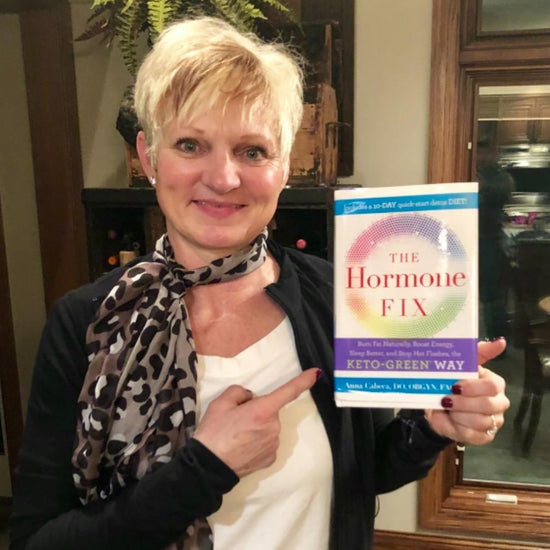
“Every woman NEEDS to read this book!!! My energy level is back, my spice for life has returned.”
– TRACY O
-
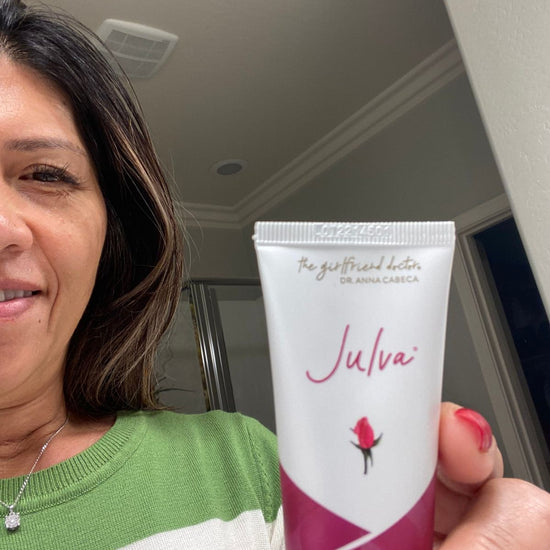
“For us women over 50, dryness is a huge issues and this product brings moisturation back!”
– EMELINDA C.
-

“Magic Menopause is one of the most important, life changing, empowering, journeys I have ever undertaken for myself.”
– PHILIPPA A.


